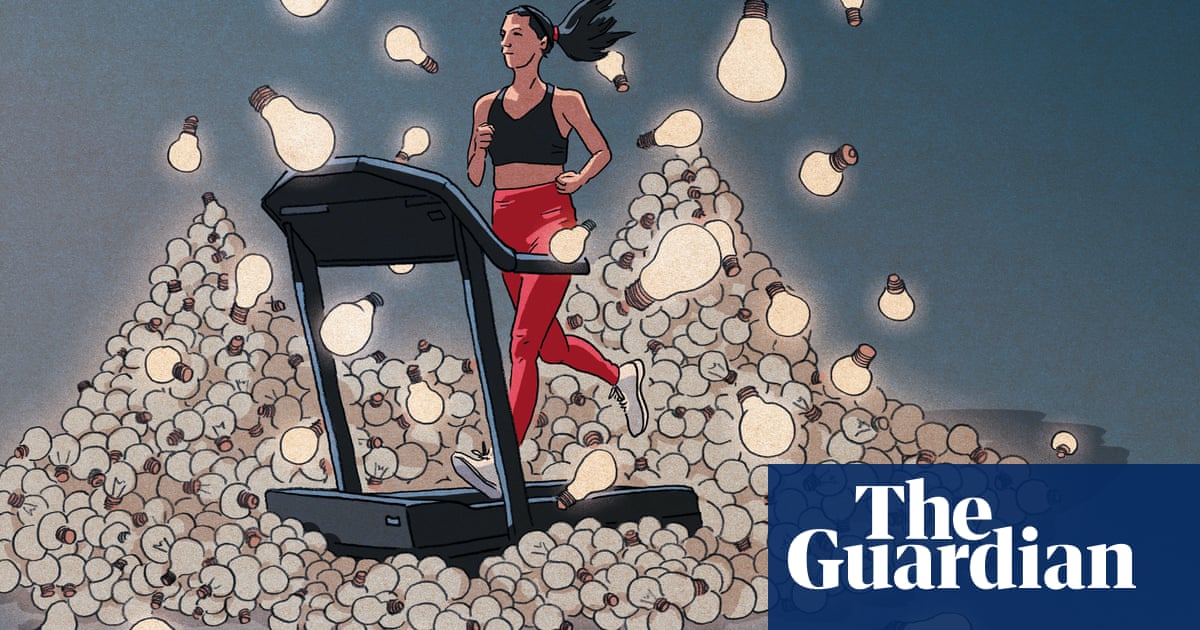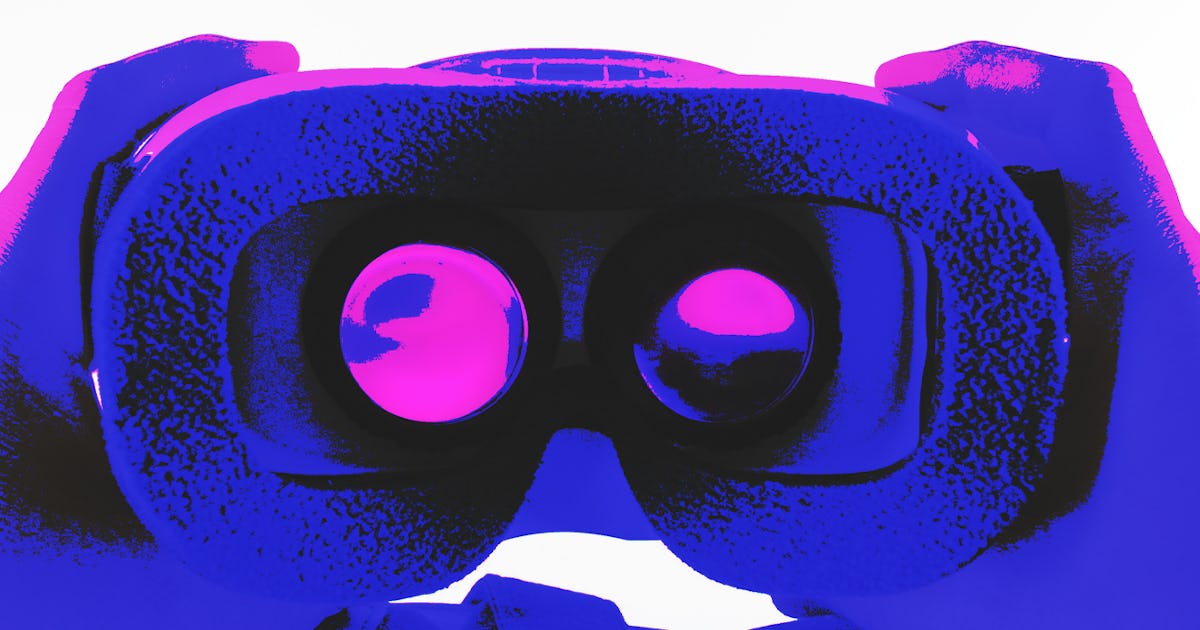This week's best things
BBC News launches content credentials, the benefits of exercise for creativity, someone has a bad time with VR tourism, the mysteries of LLMs, invisible work, a cheeky ad, and José González.

New technology to show why images and video are genuine launches on BBC News
I've shared information on Content Credentials before, so it's interesting (and probably encouraging) to see that the BBC are now rolling out a solution based on the protocols.
"BBC News has introduced a new ‘content credentials’ feature, which confirms where an image or video has come from and how its authenticity has been verified. It also uses new technology to embed this information within the image or video itself – helping to counter disinformation when the content is shared outside the BBC."
Half the world goes to the polls this year, so the AI-driven misinformation is going to off the scale, the more checks and actual citations/authenticity that can be put in place the better.

‘All it takes is a quick walk’: how a few minutes’ exercise can unleash creativity – even if you hate it
I do a lot of running, partly because I work from home and it gives me a good reason to get out of the house and move, but also because I find I often have new/better/different ideas whilst on, or immediately after, a run.
So it was interesting to see this Guardian article about a Japanese study on the effect of exercise on creative thinking.
"Need to get your creative juices flowing? Get moving. A long line of influential thinkers have instinctively moved their bodies to open their minds, from Darwin, who advanced his theory of evolution while accumulating laps of his “thinking path”, to Nietzsche, who in 1888 warned: “Do not believe any idea that was not born in the open air and of free movement.” And now scientists are not just confirming the link between exercise and creativity, but unpicking precisely how it works."

The Agony and Ecstasy (and Nausea) of VR Tourism
A sobering reminder that VR experiences still have a long way to go before they get anywhere close to being a widely adopted thing.
This article highlights the importance of the more 'boring' aspects of a new experience, namely; comfort, legibility, and ease of use.
"In theory, it should be easy to use the National Geographic app, which promises excursions to either Machu Picchu or Antarctica. Like all of these VR tourism apps, however, so great is the desire to streamline and to make the environment all-encompassing that it can be impossible to work out how to do anything. I spend what feels like 32 years in the app’s introductory living room. For some reason, the app wants me to take photos. I spend about two months trying to pick up the camera (with absolutely no help from my cheerful guide) and am filled with a kind of fiery loathing."

Large language models can do jaw-dropping things. But nobody knows exactly why
A fascinating (and probably potentially worrying) article in MIT Technology Review which looks at the fact that noone really understands how LLMs can do the things they can do.
"Curious about what was going on, Burda and Edwards teamed up with colleagues to study the phenomenon. They found that in certain cases, models could seemingly fail to learn a task and then all of a sudden just get it, as if a lightbulb had switched on. This wasn’t how deep learning was supposed to work. They called the behavior grokking."

The work is never just “the work”
A post from Maxi Ferreira which looks at Dave Stewart's essay “work to do the work”.
If you've ever wondered why software projects seem to require so much time, this is a good primer.

A simple but effective ad
I was looking at different survey tools this week, a search for 'Typeform' unearthed this cheeky ad from Jotform.
It uses the language of a 'helpful' error message (indicating the user made a mistake) and is probably quite effective.

José González (& The String Theory) live on KEXP
I live in Gothenburg, so José González is a bit of a local celebrity.
His music is very simple, and very beautiful. This performance for KEXP, with The String Theory is lovely.
If you liked this you may also like this performance of his song Cycling Trivialities (with a very enthusiastic conductor)



